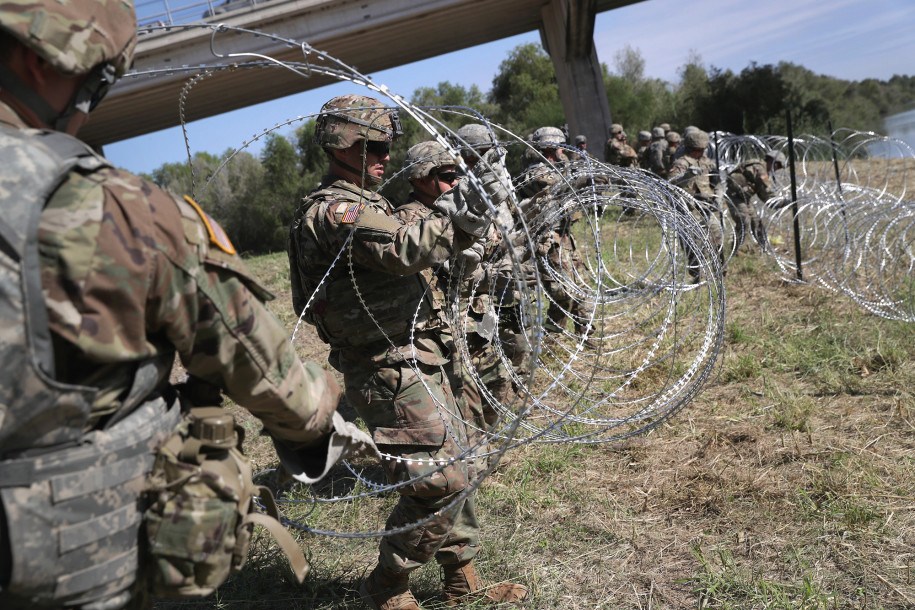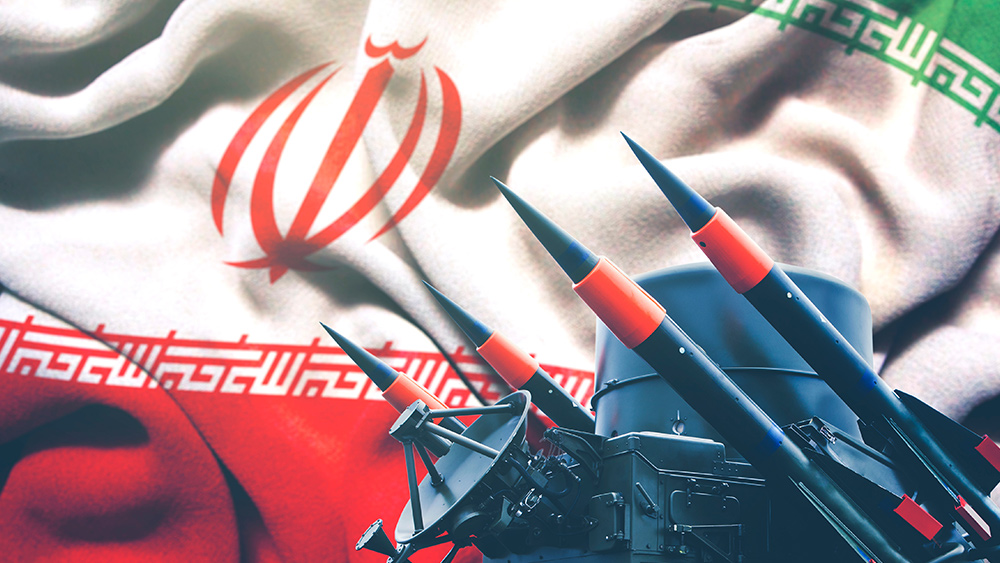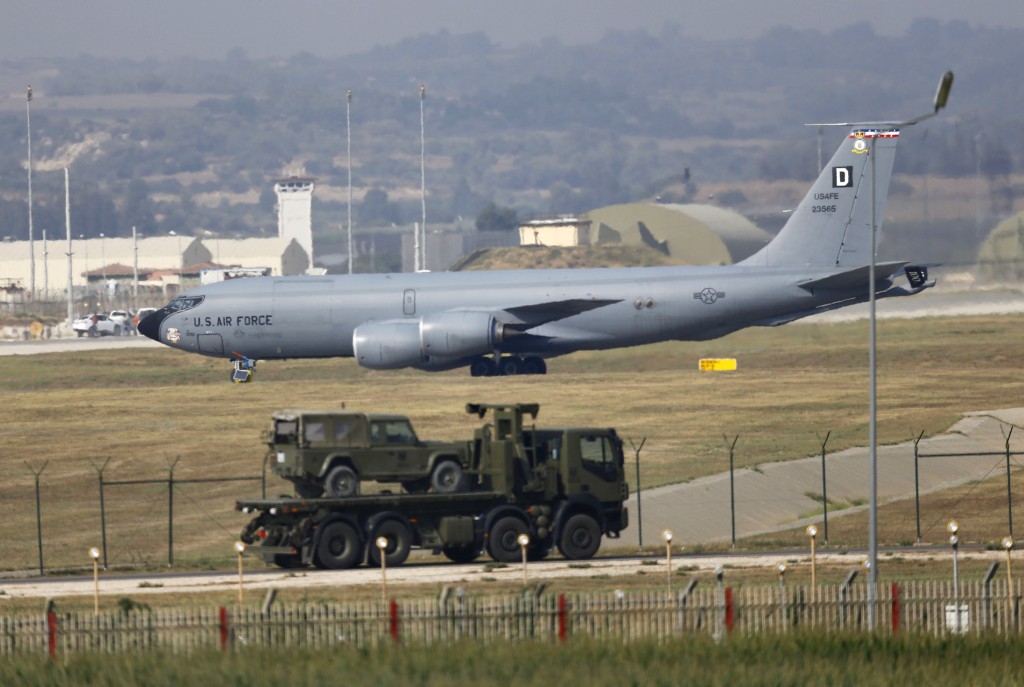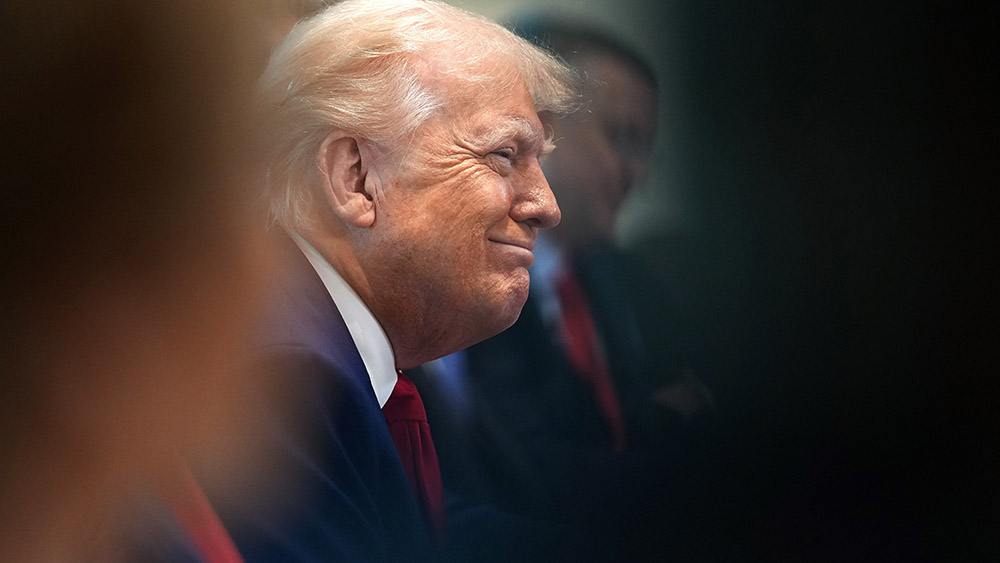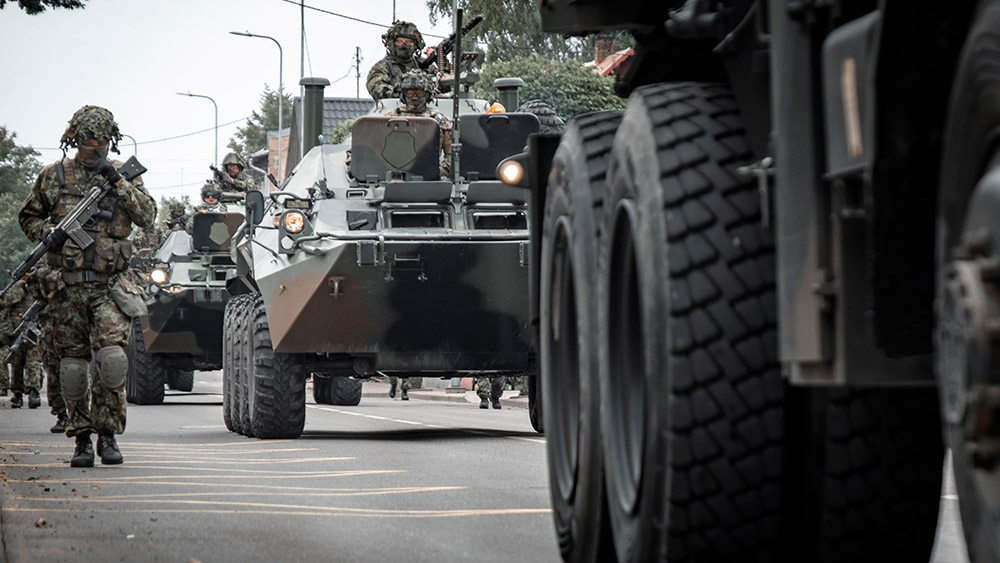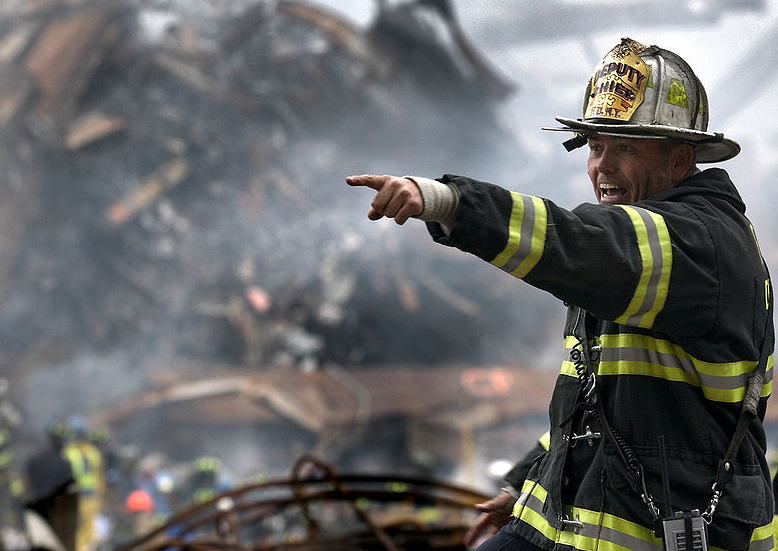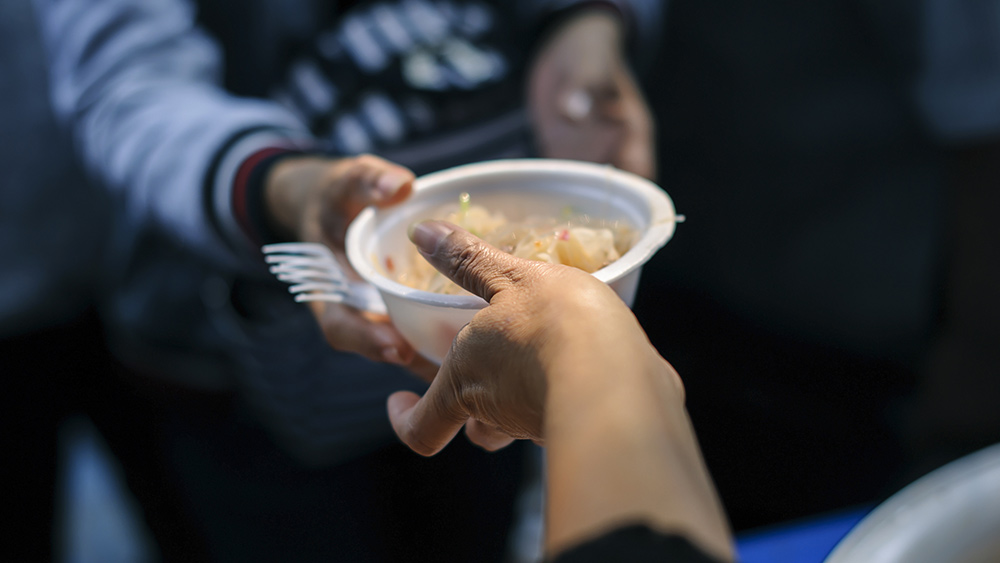U.S.-designated terrorists escape Guatemalan prison, raising security concerns for Central America and beyond
10/15/2025 / By Willow Tohi
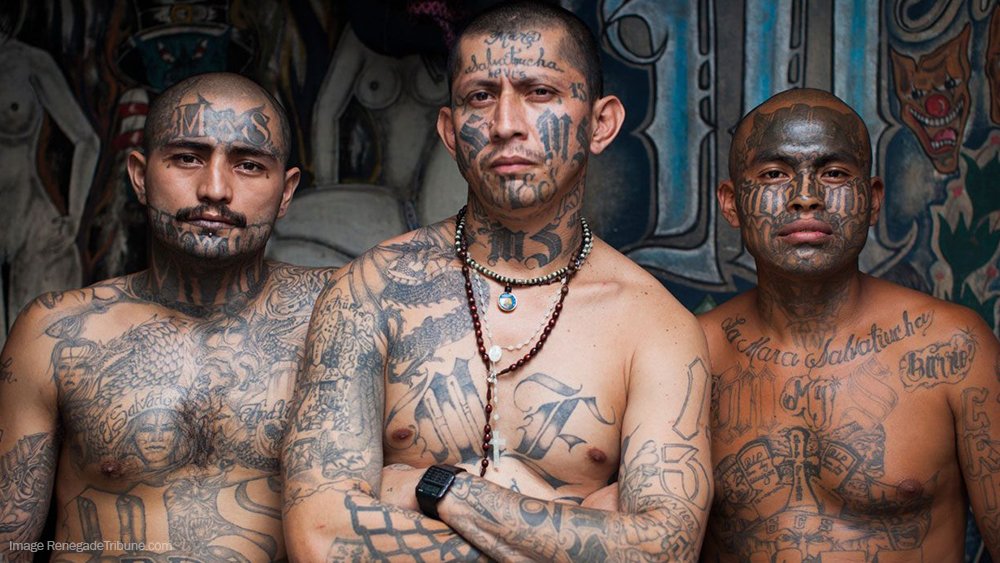
- Twenty Barrio 18 gang members, designated as terrorists by the U.S., escaped from a Guatemalan maximum-security prison.
- U.S. Embassy demands immediate recapture, warning of consequences for anyone aiding the fugitives.
- Prison officials suspect inside help, launching a corruption probe into staff involvement.
- Barrio 18 is linked to 200,000 deaths across Central America, operating alongside MS-13 in violent criminal enterprises.
- Trump administration’s designation of Barrio 18 as a foreign terrorist organization strengthens U.S. efforts to combat transnational gangs.
Twenty convicted members of the Barrio 18 gang, officially designated as terrorists by the United States, escaped from Guatemala’s Fraijanes II maximum-security prison over the weekend, raising alarms among U.S. and Central American officials. The fugitives, who evaded security controls, are now at large, prompting urgent calls for their recapture amid fears they could regroup and escalate violence.
The U.S. Embassy in Guatemala condemned the jailbreak as “utterly unacceptable” and warned that anyone assisting the fugitives would face severe repercussions. Guatemalan authorities suspect insider involvement, with prison director Ludin Godinez confirming an ongoing corruption investigation into staff members. The escape comes just weeks after the Trump administration formally labeled Barrio 18 a foreign terrorist organization, enabling stricter measures against the group.
Barrio 18’s reign of terror
Barrio 18, one of the largest and most violent criminal organizations in the Northern Hemisphere, operates across Central America and has been linked to an estimated 200,000 deaths over the past three decades, according to Salvadoran government estimates. Alongside its rival MS-13, the gang has terrorized communities through extortion, drug trafficking, and brutal acts of violence.
Guatemala currently holds around 3,000 gang members in prisons, with an additional 12,000 active members nationwide. The country’s homicide rate has surged to 17.65 per 100,000 residents—more than double the global average—underscoring the destabilizing influence of these criminal networks.
U.S. designation strengthens counter-gang efforts
The Trump administration’s September designation of Barrio 18 as a foreign terrorist organization marked a significant escalation in U.S. efforts to dismantle transnational gangs. The label allows American authorities to target the group’s financial networks, impose sanctions on collaborators, and justify military or law enforcement actions against its operations.
El Salvador’s president praised the move, highlighting the necessity of international cooperation in combating gang violence. The Trump administration has similarly used terrorist designations to justify lethal strikes against drug-trafficking vessels, including operations off Venezuela’s coast.
Security failures and corruption concerns
The prison break has intensified scrutiny over Guatemala’s penal system, with officials acknowledging possible collusion between inmates and guards. Despite receiving an intelligence warning about the escape plot days earlier, security protocols failed to prevent the mass breakout.
The incident echoes past security lapses in Central America, where gangs frequently exploit weak institutions and corruption to maintain power. The U.S. has urged Guatemalan authorities to act swiftly, fearing that the fugitives could cross borders, regroup with allies, or target U.S. interests.
A test for regional stability
The escape presents a critical challenge for Guatemala’s government and its U.S. allies. If not recaptured quickly, the fugitives could reinforce Barrio 18’s operations, exacerbating violence in a region already struggling with gang dominance. The incident also raises concerns about spillover effects, including potential infiltration into Mexico or even the U.S. southern border.
As Guatemalan officials scramble to locate the escapees, the episode serves as a stark reminder of the persistent threat posed by transnational criminal networks—and the urgent need for fortified security measures.
A call for vigilance and action
The escape of 20 U.S.-designated terrorists from a Guatemalan prison underscores the fragility of security institutions in the region and the enduring menace of organized crime. With Barrio 18’s reach extending beyond Central America, the incident demands a coordinated response from regional governments and U.S. law enforcement to prevent further destabilization.
As authorities pursue the fugitives, the priority remains clear: recapture these dangerous operatives before they can regroup and unleash further violence. The Trump administration’s terrorist designation provides a critical tool in this fight—but its effectiveness hinges on swift and decisive action.
Sources for this article include:
Submit a correction >>
Tagged Under:
Barrio 18, big government, chaos, conspiracy, corruption investigation, criminal network, dangerous, evade, Fraijanes II, gang violence, globalism, guatemala, maximum security prison, prison escape, security failure, terrorism, violence
This article may contain statements that reflect the opinion of the author
RECENT NEWS & ARTICLES
COPYRIGHT © 2019 Dangerous.News
All content posted on this site is protected under Free Speech. Dangerous.News is not responsible for content written by contributing authors. The information on this site is provided for educational and entertainment purposes only. It is not intended as a substitute for professional advice of any kind. Dangerous.News assumes no responsibility for the use or misuse of this material. All trademarks, registered trademarks and service marks mentioned on this site are the property of their respective owners.



